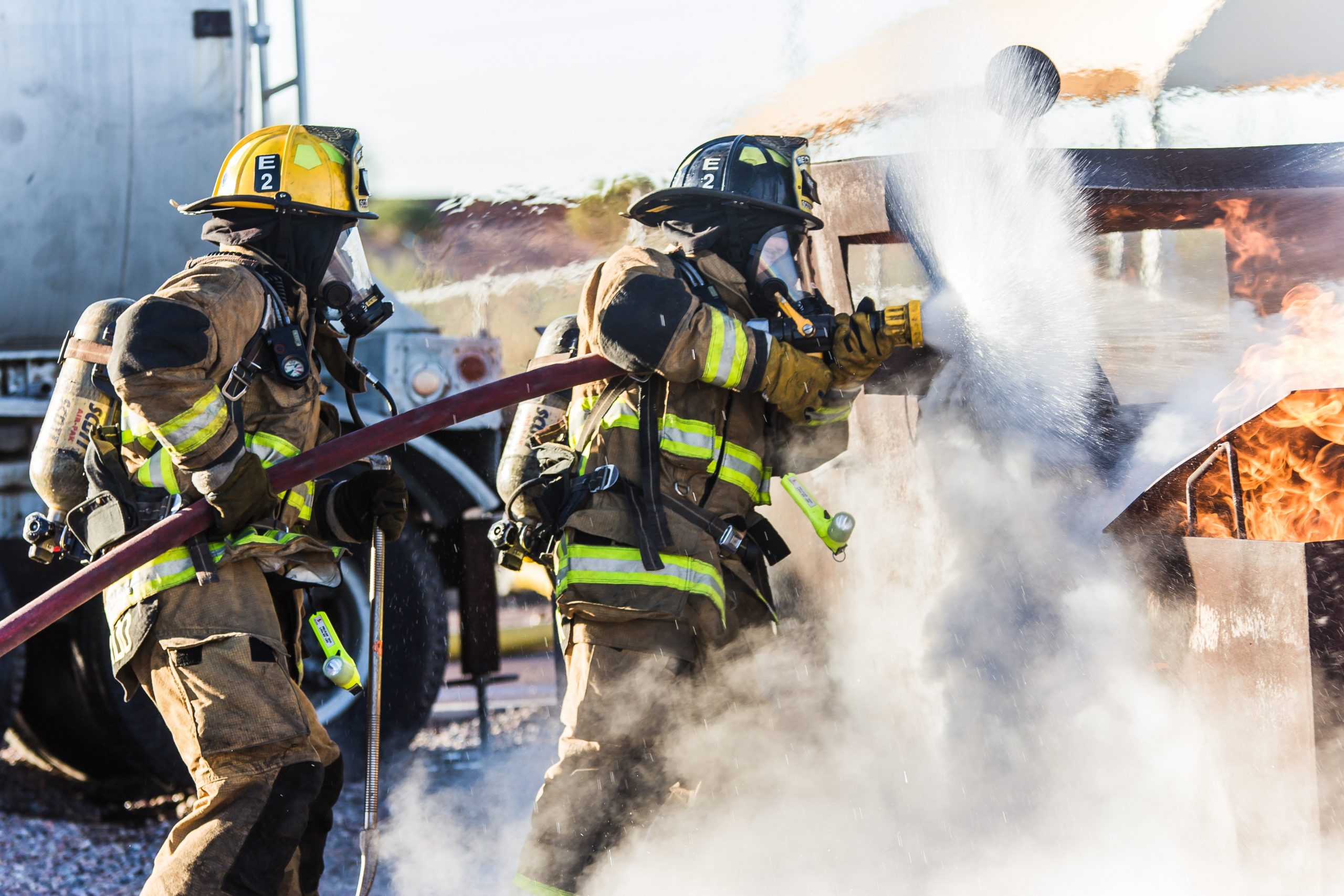According to the Department of Defense, over 200,000 military service members return to civilian life every year.
However, separating from military service requires planning if you want it to go smoothly.
Unfortunately, your DD-214 has replaced your once-steady, reliable income.
You need a job, but how do you convince a civilian employer to hire you?
Whether you are a veteran seeking work or an employer looking to hire a few good men and women, matching military service experience with civilian job descriptions poses a challenge.
Fortunately, several tools exist to help you do exactly that.
Article Table of Contents
Job Placement Tools
The Disabled Veterans National Foundation (DVNF) has a tool that translates military job titles, your MOS (Military Occupation Specialty), or MOC (Military Occupational Classification), into civilian job descriptions: the Military to Civilian Occupation Translator.
Fortunately, you do not have to be a disabled veteran to use it.
Likewise, DVNF has a tool that employers can use to discover how a job applicant’s military service might apply to their open positions: the Civilian to Military Occupation Translator.
Once you figure out how to leverage your skills to suit the needs of civilian employers, use the Veterans Toolkit to help you craft a winning resume, create a LinkedIn profile, and tailor your responses to sample interview questions to highlight how your experiences make you the most qualified person for the position.
Jobs for Former Seabees or Army Engineers
Many civilian company owners do not know that Seabees and Army Engineers are construction workers and infrastructure planners.
If your company builds roads, creates foundations for large buildings, or installs community sewer projects, hire a Seabee.
Seabees make excellent construction supervisors, hazardous material removal team leaders, heavy-equipment team supervisors, water and wastewater treatment plant operators, and highway maintenance crew supervisors.
Construction Supervisor
Experience in the US Navy’s construction battalion (Seabees) or the Army Corps of Engineers includes surveying roads and canals, building seawalls, eliminating waterway hazards, flood control, and constructing public projects such as bridges and dams.
These wide-ranging experiences prepare soldiers and sailors leaving the military for supervisory careers in the construction trade.
The median pay for construction managers is $98,890 annually, and you can expect eight percent annual growth in the field through 2031.
Hazardous Material Removal Team Leader
There’s more to building demolition than setting off explosives to level the building.
If done wrong, infrastructure destruction projects can spread lead, asbestos, mercury, or other hazardous substances into the air and waterways.
The team leader ensures that hazardous material removal takes place safely before demolition for workers and the public.
Afterward, the supervisor ensures that proper mitigation takes place.
Despite the limited outlook for growth in the field, about 5700 positions will open yearly through attrition, at a median salary of $46,300.
Heavy Equipment Operation Supervisor
With 50,800 openings per year through 2031, for a projected growth rate of five percent, entering the heavy equipment operation field makes perfect sense for Seabees or Army Corps of Engineers members.
In addition, the median salary for construction equipment operators ran $48,290 in May 2021.
Water and Wastewater Treatment Plant and System Operators
Although a seven percent decline in available positions is projected through 2031, water and wastewater treatment fields will need about 10,800 workers annually.
These operators will make a median wage of $47,880 per year.
Highway Maintenance Workers
Municipal and rural roads and highways need constant upkeep.
Airport runways and rights-of-way also require attention.
In addition, patching pavement and repairing guard rails and highway markers, snow and ice removal, and mowing must occur regularly.
Expect an annual median wage of $44.340, although you can make as much as $54,460 to $59,580 per year in the highest-paying states.
Air Force pilot missions begin and end on the ground, while Navy pilots usually operate from aircraft carriers.
Consequently, if you need pilots who will work from airports, give preference to Air Force pilots.
However, hire a Navy pilot if you need pilots who can perform a search and rescue over the water.
Since most search and rescue work involves helicopters, you should hire any applicant with air cavalry experience.
The median pay for airline and commercial pilots runs $134,630 per year in an industry with a six percent projected growth rate through 2031.
Paratrooper Employment
If you have experience jumping from airplanes, you could work as a smoke jumper, drop zone load organizer, or skydiving instructor.
Smoke jumpers, a particular type of wildland firefighter, parachute into otherwise inaccessible areas to fight forest fires.
Drop zone load organizers create group jumps geared toward specific skill levels so people can hone their parachuting skills.
At the same time, skydiving instructors provide the actual training in the fundamentals of parachuting.
Smoke Jumpers
The median salary for firefighters runs around $50,700 per year, according to the Bureau of Labor Statistics.
Regular firefighters and smoke jumpers may also receive hazard pay, equaling as much as 25 percent of their base pay.
Since paratroopers have already trained to work in platoons and pairs, they have precisely the skill set you need for your specialty firefighting teams.
In addition, they already have the credentials to serve as excellent incident commanders.
Drop Zone Load Organizers
Having taken part in countless missions requiring parachute training, veteran paratroopers can identify and group people with similar and complementary skills together to ensure the entire group’s safety.
Placing one or more people in the group whose skills run slightly higher than everyone else means each group member has at least one mentor.
That way, if something goes awry, it does not result in anyone suffering a severe injury.
Consequently, if you run a parachute training academy, hire veteran paratroopers as your drop zone load organizers.
DZLOs fall into the category of Self-Enrichment Education Teachers.
This category of educators earns a median income of $36,020 per year.
Skydiving Instructors
While DZLOs organize skydiving groups, the instructors teach the fundamental skills needed to participate.
For example, veteran paratroopers have performed the required number of drops to train others to use a parachute and enjoy the experience safely.
Like DZLOs, skydiving instructors are self-enrichment educators and make a median annual wage of $36,020.
Jobs for Medics
The entire field of medicine makes the perfect home for veteran medics.
Depending on how much time you wish to invest, you can jump into any nursing, physician, emergency room, or EMT training program.
In some cases, your military experience will vastly reduce the time you need to attend training programs or college courses.
If you are an employer and one of these highly-trained, experienced men and women apply, snap them up as fast as possible.
Physicians and Surgeons
Physicians and surgeons earn a median salary of $208,000 annually, the highest-paying job category.
Your battlefield medical experience makes you ideal for serving in an urban emergency room.
You will still have to undergo medical school, an internship, and a residency.
However, your years in military service will reduce your required classroom hours.
If you are an employer and a field medic applies for a position at your hospital or clinic, count yourself lucky and accept them into your program on the spot.
Registered Nurses
At a median salary of $77,600 per year, becoming a registered nurse makes sense for veteran medics.
You’ve already performed many procedures you need to know to assist physicians.
In addition, your battlefield experiences will make you uniquely suited to helping out in emergency rooms or crisis units.
Expect a six percent growth in this field through 2031.
EMTs and Paramedics
Expect to make a $36,930 median wage as a paramedic or EMT.
This high-stakes position enables you to put your experience as a medic to its best possible use: keeping people alive long enough to reach a hospital.
Employers, if you are fortunate enough to have a veteran military corpsman on staff, do not waste their expertise: make them a trainer ASAP.
Logistics Jobs
Trucking, dispatch, or longshore work all make excellent careers for former military personnel.
Use the military-to-civilian and the civilian-to-military job matching tools to decide which specific units would suit your company best, but don’t limit yourself.
Ask all veterans who apply what specific vehicles they drove or maintained while serving their country.
Longshore work, in particular, suits Navy veterans, so encourage them to apply for your open positions.
Make an opening if you do not have a space for a cargo and freight agent.
Heavy and tractor-trailer truck drivers earn a median salary of $48,310 annually.
Expect a four percent growth rate in this job category through 2031.
Dispatchers, on the other hand, make a median income of $46,670 per year.
And finally, cargo and freight agents can expect salaries of $48,920 per year.
Law Enforcement
Of course, veterans make excellent law enforcement officers.
From serving as park rangers to working in local police stations and sheriff’s offices, no one has as much to offer as a military vet.
If your job applicant was a dog handler, scoop them straight into your K-9 unit.
Stryker or tank driver?
Get that person to SWAT ASAP.
If you are the veteran in question, jobs in law enforcement will earn you $66,020 annually.
Final Advice
As a veteran seeking work, only you can determine how satisfying you may find the careers listed in this article.
Weigh your desire to continue working at your level of performance in the military versus your need for a break from adrenaline-soaked fields.
If you still thrive on facing danger daily, choose some of the more exciting occupations.
If not, opt for recruiting, teaching, or something completely different, such as art, music, or entertainment.
Someone has to entertain the troops, right? It might as well be you since you’ve hiked in their boots.











